The allure of exotic pets has grown in recent years, and people are fascinated by the idea of owning a unique animal. However, many don’t realize that the illegal wildlife trade fuels much of this industry, leading to severe consequences for biodiversity, ecosystems, and animal welfare.
The Scope of Illegal Wildlife Trade
Illegal wildlife trade is a global, multibillion-dollar industry that involves poaching, smuggling, and selling wild animals and their parts. This trade threatens species with extinction, disrupts ecosystems, spreads diseases, and fosters inhumane treatment of animals. Many exotic pets, such as parrots, turtles, and primates, are taken cruelly from the wild and transported under poor conditions.
Commonly Traded Exotic Pets
1. Parrots and Birds –
Many parrot species, such as African greys, are stolen from their habitats, leading to population decline.
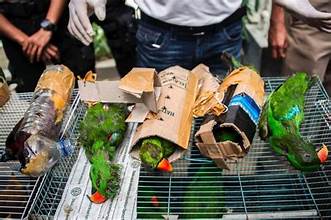
2. Reptiles –
Snakes, turtles, and lizards are frequently smuggled due to their high demand in the pet trade.
3. Big Cats –
Tigers, lions, and cheetahs are sometimes kept as pets despite being dangerous and requiring specialized care.
4. Primates –
Monkeys and other primates are often captured illegally, leading to behavioral and health issues in captivity.
5. Exotic Fish and Corals –
The aquarium trade has contributed to the depletion of marine species and the destruction of coral reefs.
Why Illegal Wildlife Trade is a Problem
1. Threat to Biodiversity
For instance, the illegal pet trade often targets rare and endangered species like the African grey parrot, driving them closer to extinction. Removing these animals from their natural habitats disrupts ecosystems, affecting the balance of flora and fauna.
2. Animal Suffering
Wild animals are not meant to be kept as pets. Many suffer from stress, malnutrition, and neglect in captivity. Smuggled animals often endure inhumane conditions, with high mortality rates during transport.
3. Public Health Risks
Exotic animals can carry zoonotic diseases, such as salmonella, monkeypox, and even COVID-19-related viruses. The illegal pet trade increases the risk of disease transmission between animals and humans.
4. Legal Consequences
Many countries have strict laws against the ownership of illegal exotic pets. Those caught possessing or trading protected species can face hefty fines and imprisonment.
How to Combat Illegal Wildlife Trade
1. Choose Ethical Pet Ownership
Instead of purchasing exotic pets from questionable sources, consider adopting domesticated animals from shelters or reputable breeders.
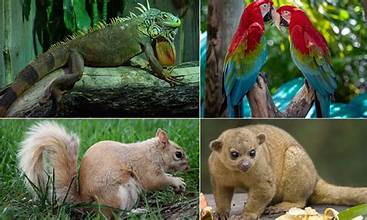
2. Support Conservation Efforts
Donate to organizations combating illegal wildlife trade, such as the World Wildlife Fund (WWF) and TRAFFIC.
3. Report Illegal Activities
If you suspect someone is engaged in the illegal trade of exotic animals, report it to local authorities or conservation organizations.
4. Educate Others
Raising awareness about the impact of the illegal wildlife trade can help reduce demand. Share information with friends and family about the ethical considerations of exotic pet ownership.
Conclusion
The illegal wildlife trade is a serious issue that endangers species, threatens ecosystems, and causes immense suffering to animals. While the desire to own an exotic pet may be tempting, it’s essential to consider the ethical, legal, and environmental consequences. By making informed choices and supporting conservation efforts, we can help protect wildlife and ensure a sustainable future for our planet.
Would you ever consider an exotic pet? If so, research legal and ethical sources to ensure responsible pet ownership.

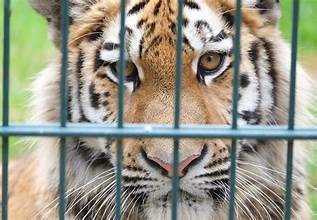
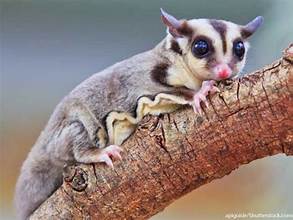
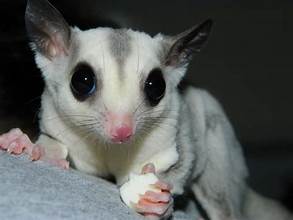

Pingback: What You Need to Know About the Stick Insect - Positvley Pets
Pingback: Fennec Fox Ownership: What You Need to Know - Positvley Pets